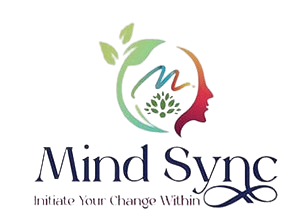
Focus on Solutions and Embrace a Brighter Future
Solution-Focused Therapy is a goal-oriented & future-focused type of therapy that emphasizes finding solutions to current problems rather than delving into past issues. It encourages individuals to identify their strengths, resources & past success to help create practical & achievable goals. The therapist works with individuals to develop strategies for overcoming challenges, focusing on what is working well and how to build on those aspects.
FREQUENTLY ASKED
Question and Answer
How does Solution-Focused Therapy work?
SFT works by helping individuals identify what’s already working in their lives & build strengths. The therapist helps the individual set clear, achievable goals & create strategies to move forward & focus on solutions rather than problems.
What issues can SFT help with?
SFT can help with a wide range of issues, including anxiety, depression, relationship problems, stress, trauma and life transitions. It is especially effective for the individuals looking for quick, practical solutions to overcome challenges.
How long does Solution-Focused Therapy take?
SFT is typically very short-term, often requiring fewer sessions than other types of therapies. Many people do experience progress after just taking a few of the sessions, though the duration depends on the individual's needs and goals.
What happens during a Solution-Focused Therapy session?
In the SFT session, the therapist guides the individual to discuss their goals, identify past successes & explore possible solutions to current challenges. The focus is on achieving positive outcomes rather than dwelling on past issues.
Is Solution-Focused Therapy the same as Cognitive Behavioral Therapy (CBT)?
Both the therapies are goal-oriented, with SFT focusing on the solutions and future goals, while CBT targets on changing the negative thoughts. SFT is usually very short and emphasizes the strengths and the resources.
Do I need to talk about my past in Solution-Focused Therapy?
In SFT, the focus is on the present and future, not just the past. Although past experiences may be briefly discussed, the therapy mainly helps to find solutions to current problems and create strategies for moving forward.

